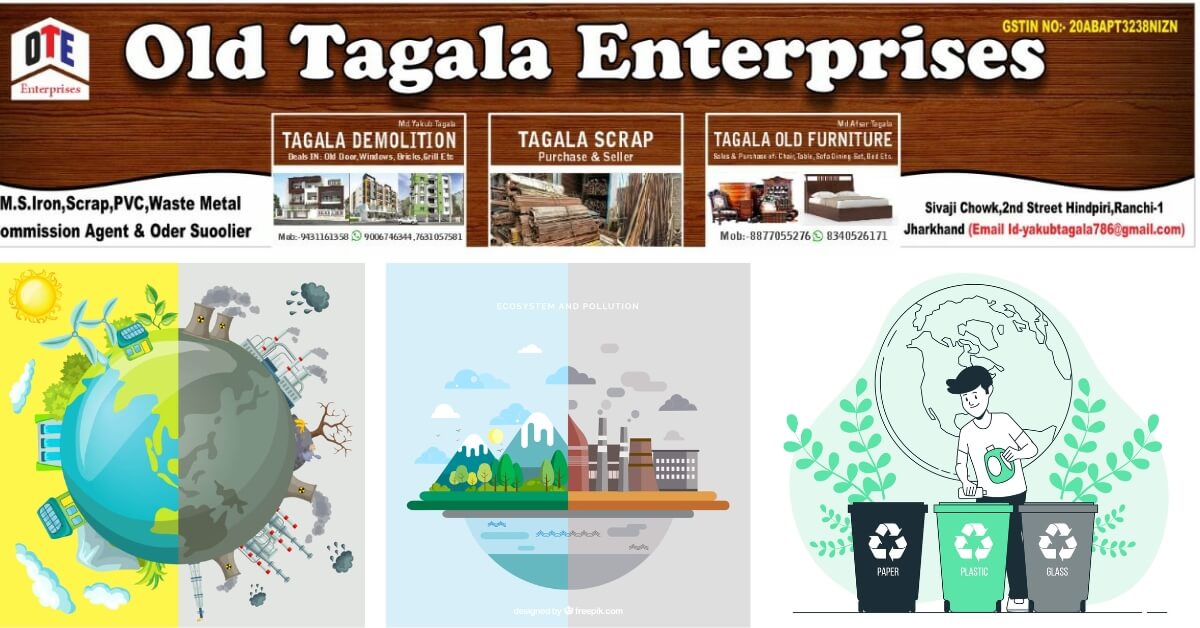The issue of climate change has become a pressing concern for the international community. Climate change is caused by various human activities, including the emission of greenhouse gases into the atmosphere.
Recycling is one of the ways that people can reduce their impact on the environment and mitigate climate change. In this blog post, we will explore the impact of recycling on global climate change.
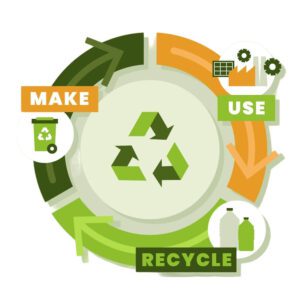
Recycling is the process of converting waste materials into new products. The goal of recycling is to reduce waste, conserve resources, and reduce the environmental impact of manufacturing processes. Recycling helps to reduce greenhouse gas emissions in several ways.
Firstly, recycling reduces the need for raw materials. The production of new materials requires energy, which often comes from fossil fuels. Fossil fuels are a significant source of greenhouse gas emissions.

By recycling materials, we can reduce the amount of energy needed to create new products, which in turn reduces greenhouse gas emissions.
Secondly, recycling reduces the amount of waste sent to landfills. When organic matter such as food scraps and yard waste decomposes in landfills, it produces methane gas.
Methane is a potent greenhouse gas that is 25 times more effective than carbon dioxide at trapping heat in the atmosphere. By recycling materials, we can reduce the amount of waste that goes to landfills, which in turn reduces the amount of methane produced.
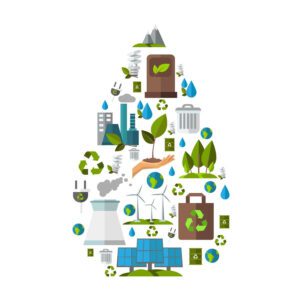
Thirdly, recycling reduces the energy required to transport and dispose of waste. Transporting waste to landfills or incinerators requires energy, which often comes from fossil fuels.
By recycling materials, we can reduce the amount of waste that needs to be transported and disposed of, which in turn reduces greenhouse gas emissions.
Recycling also has other environmental benefits. For example, recycling paper reduces the number of trees that need to be cut down. Trees absorb carbon dioxide from the atmosphere, and cutting them down reduces the number of carbon sinks available. Recycling also reduces water and air pollution associated with the production of new materials.

The impact of recycling on global climate change can be significant. According to the Environmental Protection Agency (EPA), recycling one ton of paper can save 17 trees, 7,000 gallons of water, and 3 cubic yards of landfill space.
Recycling one aluminum can save enough energy to power a television for three hours. In 2018, the EPA estimated that recycling reduced greenhouse gas emissions by 343 million metric tons of carbon dioxide equivalent (MMT CO2 Eq.), which is equivalent to removing 73 million passenger vehicles from the road for a year.
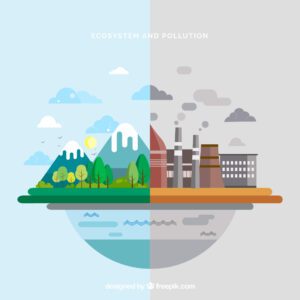
However, the impact of recycling on global climate change is not without its challenges. One challenge is contamination. Contamination occurs when non-recyclable materials are mixed with recyclable materials.
Contamination reduces the quality of recycled materials and can result in the rejection of entire batches of recyclables. Contamination also increases the energy required to recycle materials, which in turn increases greenhouse gas emissions.
Another challenge is the lack of infrastructure for recycling certain materials. For example, electronic waste (e-waste) is a growing problem, but the infrastructure for recycling e-waste is limited. As a result, much of the e-waste generated in developed countries is shipped to developing countries for processing, where it is often disposed of unsafely.
To overcome these challenges, governments and businesses need to invest in recycling infrastructure and education. Governments can provide incentives for businesses to recycle and invest in recycling infrastructure.

Businesses can invest in recycling programs and educate consumers on how to properly recycle materials. Consumers can play a role by properly disposing of recyclable materials and reducing contamination.
In conclusion, the impact of recycling on global climate change is significant. Recycling reduces the need for raw materials, reduces waste sent to landfills, and reduces the energy required to transport and dispose of waste.
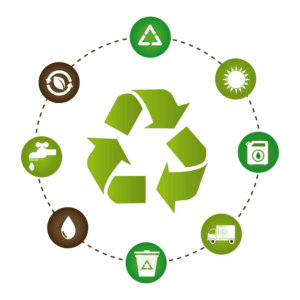
Recycling also has other environmental benefits, such as reducing water and air pollution. However, there are challenges to overcome, such as contamination and the lack of infrastructure for recycling certain materials.
To maximize the impact of recycling on global climate change, governments, businesses, and consumers need to work together to invest in recycling infrastructure and education.
Other Posts To Read:
5 Reasons Why Recycling Should Be a Priority in Your Community
The Benefits of Buying Second-Hand Furniture
How To Sell Old Furniture in Ranchi
Best Scrap Dealer in Ranchi @9006746344 -Sell Scrap Easily
